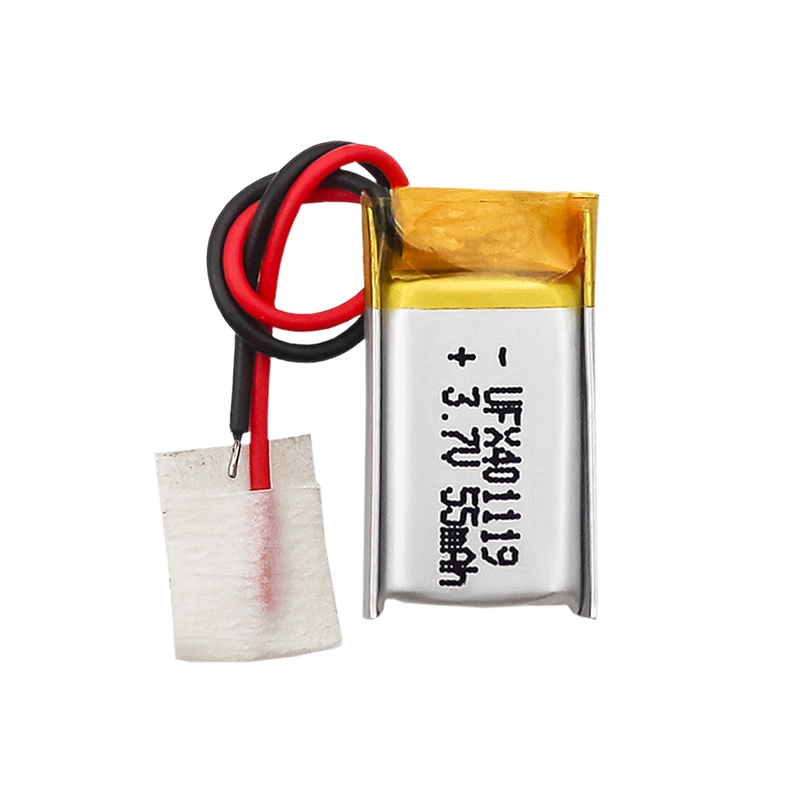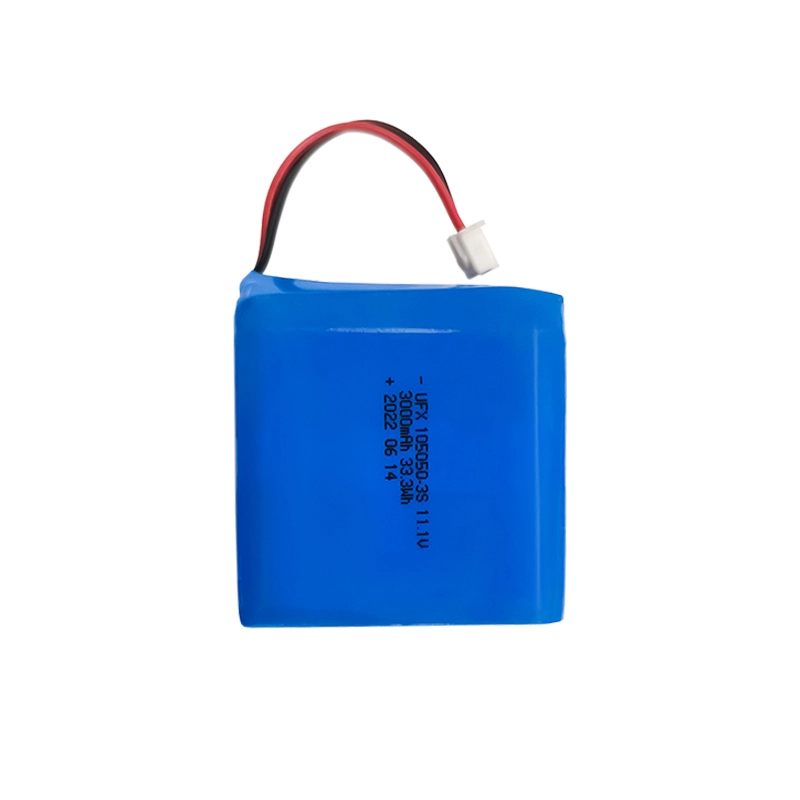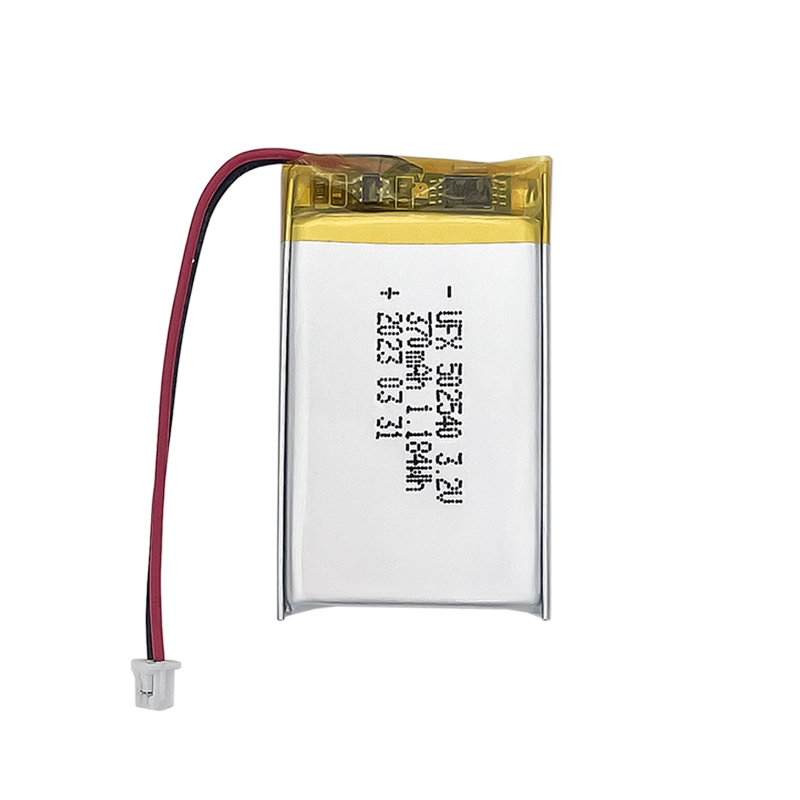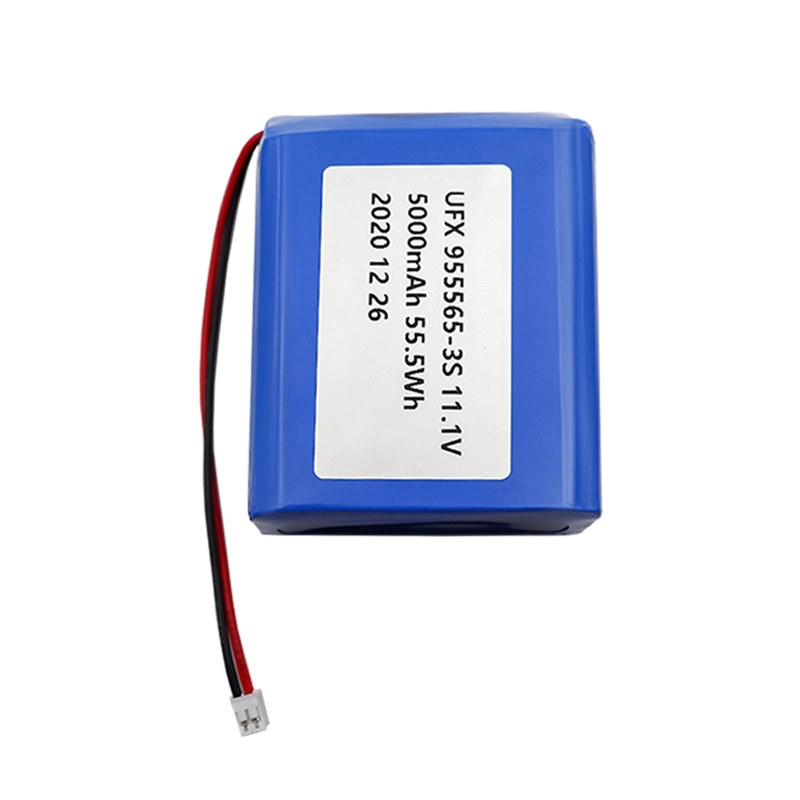
Choosing The Right Pulse Oximeter Battery For Long-lasting Performance
Pulse oximeters have revolutionized healthcare and personal health monitoring, providing valuable insights into blood oxygen levels and pulse rates. A crucial aspect of pulse oximeters is the battery that powers them. In this article, we will explore the importance of pulse oximeter batteries and guide you in selecting the right battery for optimal performance and longevity.
Pulse oximeters
Pulse oximeters are compact, non-invasive devices used to measure oxygen saturation levels in the blood. They consist of a probe that is typically attached to a finger or other body parts and a display that shows the readings. These portable devices are widely used in hospitals, clinics, and by individuals to monitor their health and ensure timely interventions.
Pulse oximeter battery types
Choosing the appropriate battery for your pulse oximeter is crucial for uninterrupted usage. Common battery types used in pulse oximeters include rechargeable lithium batteries, AAA, AA, or button cell batteries like CR2032. It is essential to consult the device’s manual or manufacturer’s recommendations to determine the specific battery type required for your pulse oximeter model.
Pulse oximeter battery voltage
Pulse oximeters typically operate on low voltage. The voltage requirements may vary among different models, but most pulse oximeters function within the range of 1.5 to 3 volts. It is vital to ensure that the battery you choose matches the voltage specifications mentioned in the device’s documentation to avoid compatibility issues.
Prolonging pulse oximeter battery life
Extending the lifespan of your pulse oximeter battery is essential to ensure uninterrupted monitoring. To maximize battery life, consider the following tips:
- Remove the batteries when the pulse oximeter is not in use for an extended period.
- Store the device in a cool and dry place to prevent battery drainage.
- Avoid exposing the pulse oximeter to extreme temperatures, as it can affect battery performance.
- Regularly check the battery contacts for corrosion or dirt and clean them if necessary.
Ufine pulse oximeter battery
Guangdong Ufine New Energy Co., Ltd. is a high-tech enterprise specializing in the research, development, design, and production of polymer lithium-ion batteries. Ufine has been focusing on battery manufacturing technology for 15 years. It is safe and stable, has no risk of explosion, has strong battery life, long-lasting power, high charging conversion rate, does not get hot, has long service life, is durable, has production qualifications and its products have passed many national and global certifications. Certification.
High Energy Density
It stores large amounts of energy in a smaller and lighter package
Longer Cycle Life
Withstands extensive charge and discharge cycles
Low Self-Discharge
Maintains power longer when not in use
Safety
Minimizes the risk of accidents and ensures safe operation
More Information About Pulse Oximeter Battery
-
What kind of battery does a pulse oximeter use?
-
How long does the oximeter battery last?
-
How do I change the battery in my oximeter?
Latest Blogs
About Lithium Battery Industry News

BYD Lithium Battery: Safe, Efficient & Future-Ready Power
Explore the power, safety, and innovation of BYD lithium batteries, including Blade Battery and LFP tech for EVs and energy storage.
2025/04/17 Ufine

How to Choose the Right Electric Fence Battery?
Choosing the right electric fence battery is key to security. This guide helps you pick a reliable farm, garden, or animal power source.
2025/04/16 Ufine
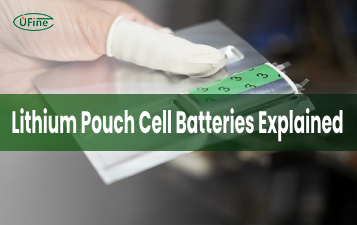
What Are Lithium Pouch Cells?
Explore how lithium pouch cells work, their structure, advantages, and uses. Learn from a trusted supplier like Ufine Battery for custom lithium solutions.
2025/04/16 Ufine

The Evolution of Ring Battery Pack Technology in Lithium Battery Manufacturing
Ring battery packs are reshaping lithium battery tech. Discover their evolution, key uses, and why they matter for the future of energy storage.
2025/04/16 Ufine
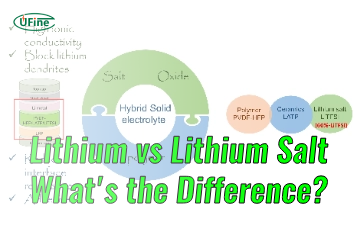
Lithium vs Lithium Salt: What’s the Difference?
Lithium is a pure metal, while lithium salts are stable battery compounds. Learn their key roles and differences in battery manufacturing.
2025/04/16 Ufine

What You Need to Know About AA 3.6V Lithium Battery
Learn all about AA 3.6V lithium batteries—voltage, size, capacity, uses, and the best replacements. Discover why they’re powerful, and highly reliable.
2025/04/15 Ufine

